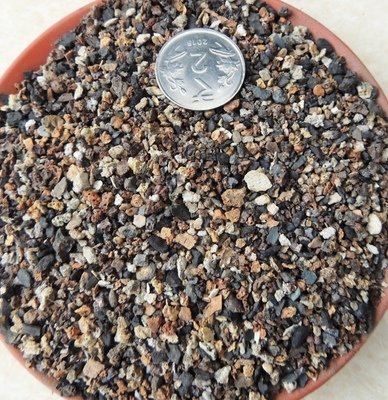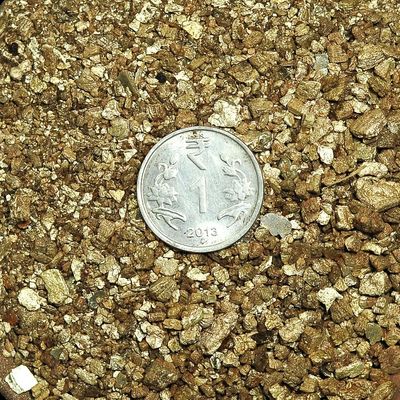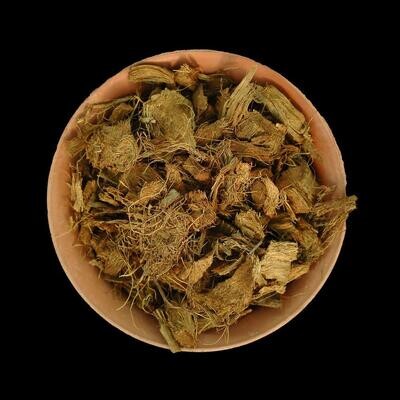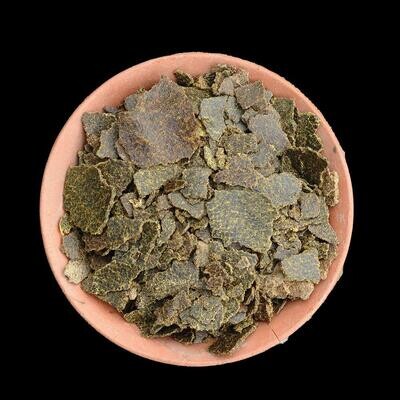Please check the Shipping Updates Page for information on shipping.
Echinocactus grusonii var. inermis Monstrose
The Echinocactus Grusonii var Inermis is a mutant of the standard Golden Barrel Cactus or Echinocactus Grusonii which occured in cultivation.
Origin of Name
Echinocactus grusonii 'Inermis', often referred to as the spineless version of the Golden Barrel Cactus, derives its name from a combination of botanical and descriptive terms. "Echinocactus" comes from Greek, with "echino" meaning "spiny" and "cactus" referring to the plant family. The species name "grusonii" honors Hermann Gruson, a German collector and enthusiast of cacti and other succulents in the 19th century. The term "inermis" is Latin for "unarmed" or "spineless," distinguishing this cultivar from the typical spiny varieties by its lack of or significantly reduced spines.
Technical Description of Plant
Echinocactus grusonii 'Inermis' is a rare and sought-after cultivar due to its unusual spineless characteristic. It maintains the iconic, globular to barrel-shaped form of the standard Golden Barrel Cactus but without the sharp spines, presenting a smoother surface that ranges from green to blue-green. As the plant ages, it may develop a slightly elongated shape, growing up to 90 cm in diameter. The 'Inermis' variety still features the woolly areoles and yellow flowers typical of the species, which appear at the crown of the cactus during the summer months. This spineless trait makes it particularly appealing for indoor cultivation or gardens where safety around children and pets is a concern.
Origin of Plant
Echinocactus grusonii is native to east-central Mexico, thriving in arid and semi-arid environments. The 'Inermis' cultivar, however, does not occur naturally in the wild and is the result of selective breeding or a spontaneous genetic mutation that was then propagated by enthusiasts and horticulturists. This spineless characteristic is relatively rare, making 'Inermis' a valuable addition to collections focused on unique or unusual cacti.
Conservation Status
The wild type Echinocactus grusonii is listed as Endangered on the IUCN Red List due to its restricted range and the threat of habitat loss. However, the 'Inermis' cultivar, being primarily propagated and maintained in cultivation, does not have a specific conservation status. Cultivating and trading these rare cultivars can contribute to the conservation of the species by reducing the demand for wild-collected specimens and raising awareness about their endangered status in nature.
Care Instructions
Echinocactus grusonii 'Inermis' requires similar care to its spiny counterparts, making it relatively easy to grow. It prefers full sun to partial shade, with bright light enhancing the plant's color and form. Use a well-draining soil mix, such as a commercial cactus potting mix, to prevent root rot. Water sparingly, allowing the soil to dry completely between waterings, and reduce watering frequency during the cooler, dormant months. While the 'Inermis' variety lacks spines, it should still be handled with care to avoid damaging the plant's surface. Fertilize lightly during the growing season with a cactus-specific fertilizer to support healthy growth and flowering. Protect from frost, as it is not cold-hardy. With proper care, Echinocactus grusonii 'Inermis' can be a stunning, spineless focal point in any cactus collection or succulent garden.





